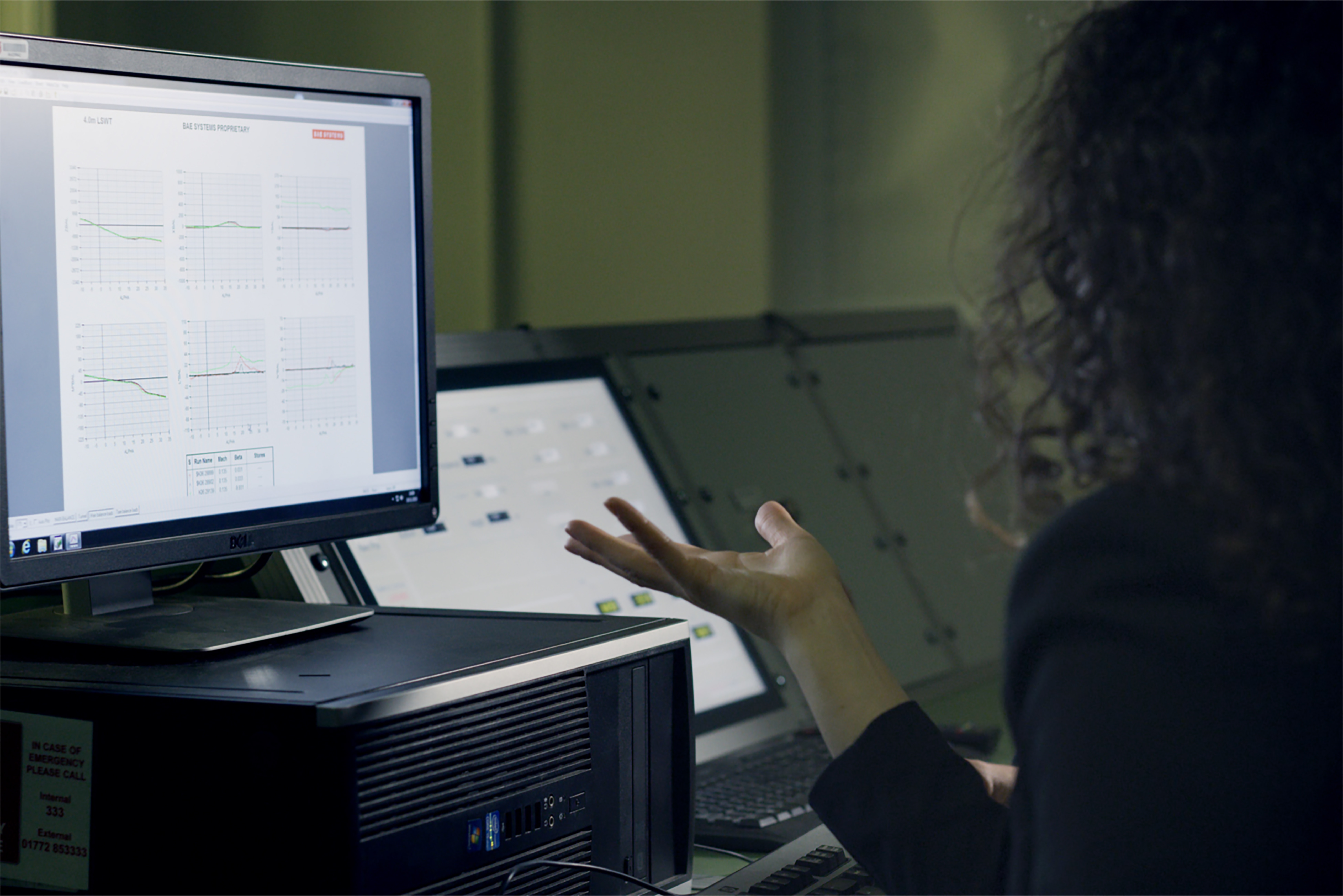Working from home is a trend that’s been gaining traction for some time, with a growth of 159% in the last 12 years. As more companies are shifting to a remote workforce in response to the COVID-19 pandemic, the concept of remote work is more top of mind than ever.
However, many users have concerns regarding existing project management tools that can create difficulties should widespread adoption of work from home policies take place. While it's easy to think that new technologies—such as cloud computing and mobile devices—will make working remotely very easy, there are unfortunately many legacy software products still in use today that will make the transition to remote work difficult.
While tools like video conferencing and team collaboration can help remote workers successfully collaborate outside of the office, traditional software like project management isn’t ready for this type of work. Even though project management software is collaborative by definition, there are a few significant challenges that vendors need to consider:
- Many companies still use on-premises software, which doesn't help remote work. Employees using on-premises project management often need virtual private networks (VPN) to access the software, not to mention that this type of software is usually installed on a workstation and cannot be used on other computers.
- While cloud software can be used anywhere, many new project management tools are not robust enough to cover the entire lifecycle of a project. As a result, companies need to use additional software such as resource management or workflow management.
- The ability to collaborate on projects is usually limited to project managers. Other employees and external users can access projects through portals, integrations, and data transfers, often exchanging documents and spreadsheets as well.
Why does remote work matter for project management?
There are lots of statistics and industry market reports on the benefits of remote work—but not many on remote project management. We looked at 500 reviews of project management software on G2 that mentioned remote work and noticed the following:
- Project management software that helps users work remotely received positive reviews: 88% of respondents who use project management remotely consider the product headed in the right direction.
- Adoption of software increases when project management software is used remotely. As shown below, reviewers using project management remotely had higher adoption rates than the category average.
What are vendors doing to make remote project management easier?
Software vendors took different approaches to address the challenges mentioned above. Most providers of on-premises project management software have moved their offerings to the cloud in the past decade. Some have tried to rewrite the code to make the software more flexible, while others replicated the on-premises software into the cloud.
When it comes to collaboration, most vendors provide features to help facilitate project managers to work closely together. Collaboration functionality varies significantly between products, from providing users with simple chat tools, to document management and authoring, to complete project portfolio management.
A more recent trend is the advent of a new type of software called work management. While work management isn’t yet clearly defined, its purpose is to expand the functionality of project management features across the entire business and outside the company. This approach, combined with the ability to use the software online, allows all employees to work on projects, no matter where they are.
How can buyers find the best options to manage projects remotely?
To put it simply: Explore as many options as possible. G2’s project management category lists more than 500 products, but few buyers have the time or resources to evaluate them all. This is why reviews from peers are so critical—they can help decision-makers narrow their search and focus on the best products for their specific business needs and requirements. That being said, buyers shouldn’t focus exclusively on reviews. Most products offer free trials or versions, which can give buyers a better idea of what they can accomplish with the software.
When it comes to making a decision, buyers need to choose wisely. Businesses may be tempted to use free software like task management or basic project management, which are more affordable; while these solutions might work now and in the immediate future, it's important to consider whether a product can support a company's growth. Furthermore, if a company plans to expand remote work, the software its decision-makers choose should make it easy for everyone to work from home.
The opposite may also happen: executives choosing to spend a lot of money on software that is supposed to be the best in the market, without taking care to see if that best software actually fits the needs of their business. Products like PPM or PSA, for example, provide many advanced features that not all organizations will need.
Unfortunately, there is no ideal software for project management. The good news is that you don’t need a perfect software; you just need the right one.
To make it easier for you to find and evaluate project management software for remote work, we created nine categories under the Project, Portfolio & Program Management umbrella. Other than project management, these categories can help you find basic software such as task management, or advanced suites for project and portfolio management or capital project management.
¿Quieres aprender más sobre Software de gestión de proyectos? Explora los productos de Gestión de Proyectos.

Gabriel Gheorghiu
Gabriel’s background includes more than 15 years of experience in all aspects of business software selection and implementation. His research work has involved detailed functional analyses of software vendors from various areas such as ERP, CRM, and HCM. Gheorghiu holds a Bachelor of Arts in business administration from the Academy of Economic Studies in Bucharest (Romania), and a master's degree in territorial project management from Université Paris XII Val de Marne (France).
